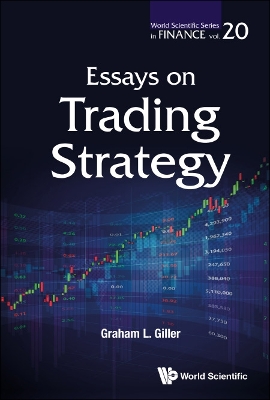World Scientific Series in Finance
2 total works
Book 0
Adventures In Financial Data Science: The Empirical Properties Of Financial And Economic Data
by Graham L Giller
Published 20 July 2022
This book provides insights into the true nature of financial and economic data, and is a practical guide on how to analyze a variety of data sources. The focus of the book is on finance and economics, but it also illustrates the use of quantitative analysis and data science in many different areas. Lastly, the book includes practical information on how to store and process data and provides a framework for data driven reasoning about the world.The book begins with entertaining tales from Graham Giller's career in finance, starting with speculating in UK government bonds at the Oxford Post Office, accidentally creating a global instant messaging system that went 'viral' before anybody knew what that meant, on being the person who forgot to hit 'enter' to run a hundred-million dollar statistical arbitrage system, what he decoded from his brief time spent with Jim Simons, and giving Michael Bloomberg a tutorial on Granger Causality.The majority of the content is a narrative of analytic work done on financial, economics, and alternative data, structured around both Dr Giller's professional career and some of the things that just interested him. The goal is to stimulate interest in predictive methods, to give accurate characterizations of the true properties of financial, economic and alternative data, and to share what Richard Feynman described as 'The Pleasure of Finding Things Out.'
Book 0
This book directly focuses on finding optimal trading strategies in the real world and supports that with a well-defined theoretical foundation that allows trading strategy problems to be solved. Critically, it also delivers a menu of actual solutions that can be applied by traders with various risk profiles and objectives in markets that exhibit substantial tail risk. It shows how the Markowitz approach leads to excessive risk taking, and trader underperformance, in the real world. It summarizes the key features of Utility Theory, the deficiencies of the Sharpe Ratio as a statistic, and develops an optimal decision theory with fully developed examples for both 'Normal' and leptokurtotic distributions.

